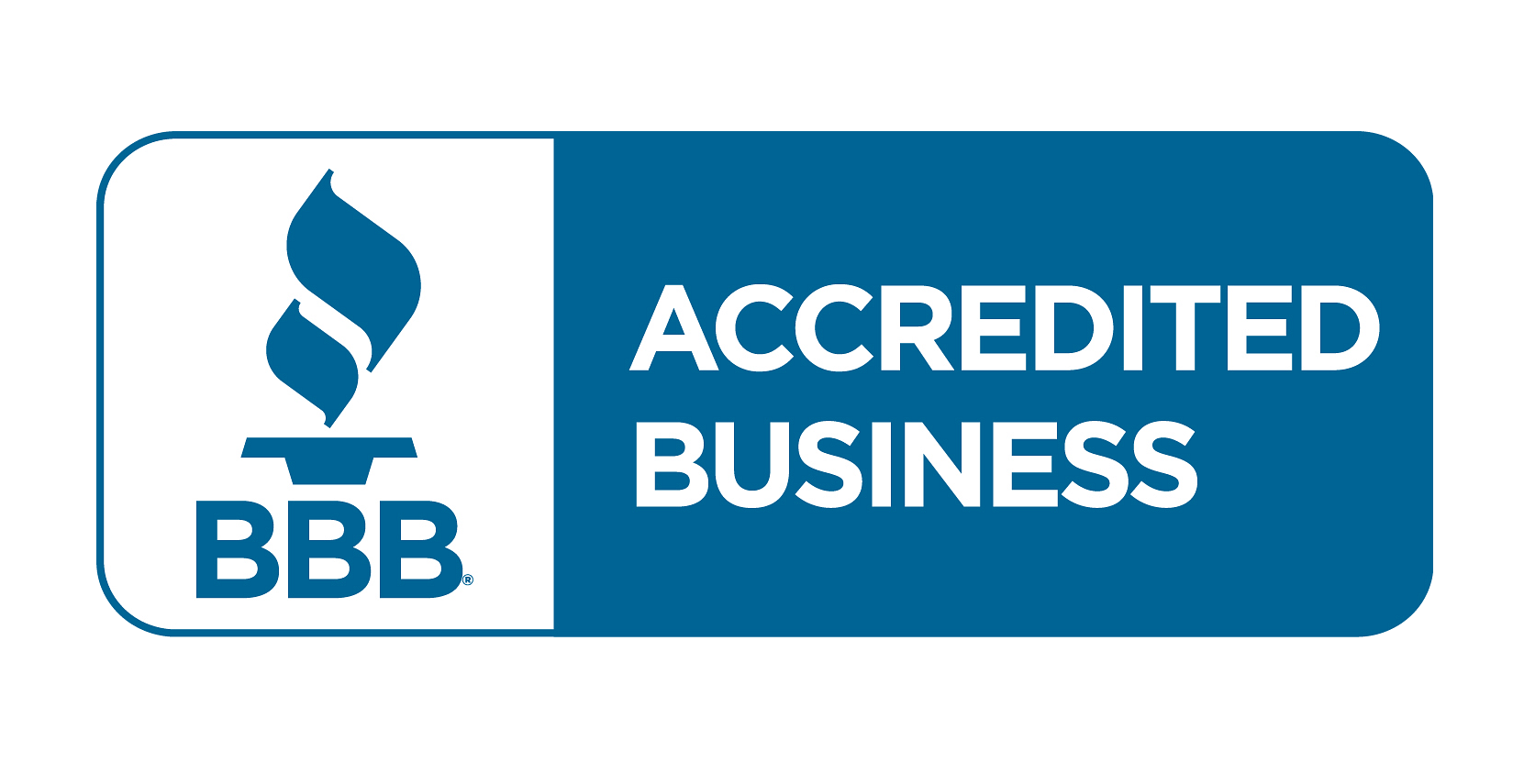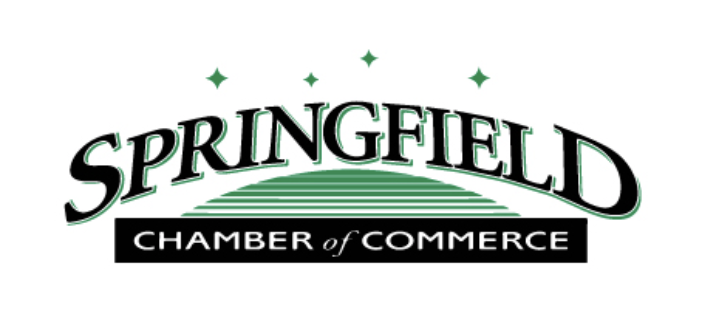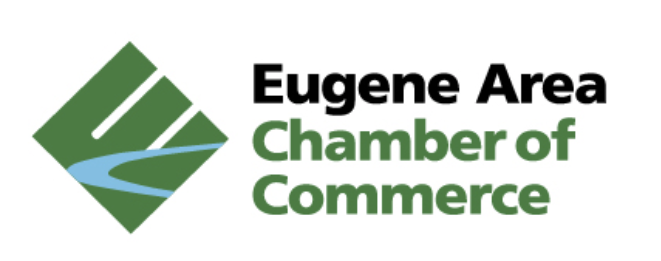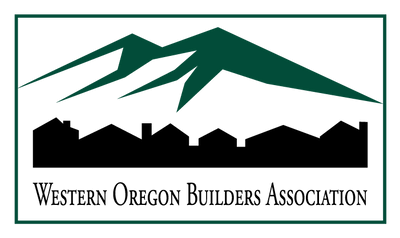Frequently Asked Questions
Below are some of the most common questions we are asked at River Roofing. If your particular question is not addressed, or you are not quite satisfied with a given answer, then please e-mail us. We check and respond to e-mail daily. And, of course, you are always welcome to give us a call with your questions.
For a list of common roofing terms, click here.
-
Q: Is removing my old roof required?
Not always, but it is usually best. Primarily, it aids in assessing the condition of the roof's substructure. It is not uncommon for us to find unknown dry rot and pest infestation at the time of tear off. With the roof removed, these problems can be addressed right at the source. Please note that any irregularities in the existing roof will more than likely show through new roofing. With some types of roofing, local building codes limit the number of layers allowed.
-
Q: Can I have my roof done in the winter or during bad weather?
River Roofing does roofing all year round, it just needs to be dry during the tear-off. On a standard-sized house, it usually only takes 4-6 hours to tear off the existing roof and install a watertight underlayment. Once the underlayment is installed, the new roof itself can often be installed during inclement weather.
-
Q: Are your estimates free and how long are they valid?
Estimates are free and they are good for 15-30 days. Past 30 days, it is best to call us and ask if a revision is needed. Oftentimes, an estimate will be good beyond 30 days but this depends on material costs. You are welcome to call for an appointment, an estimate, or complete our convenient contact form.
-
Q: My roof is pretty flat, what are my options?
We consider a "flat" roof to be a pitch of 3/12 or less. There are methods available to apply standard roofing to lower pitches. Special waterproofing underlayments may be applied or maybe a type of metal roofing would suit your needs. At some point it is best to go with a roofing system designed for completely flat surfaces. After assessing your situation we would be more than happy to advise you on the best options.
-
Q: I have always had a moss problem. What can I do to treat or solve this problem?
Moss is a common problem in the Pacific Northwest, and the best way to stay on top of excessive moss growth is by having annual cleanings performed by a contractor licensed in moss treatment/removal. Please call our office for a direct referral. Nowadays, most composition shingle manufacturers incorporate copper into their granules, to slow the growth of algae. Depending on the type of moss, these algae inhibitors can sometimes slow moss growth as well.
-
Q. What sort of warranty do you carry?
River Roofing provides a standard 5 year labor warranty on residential roofing. A roofing materials warranty is only as good as its manufacturer. Some manufacturers have an up front warranty for the first through the tenth year. They will pay for labor and materials to replace any defective shingles. The roof must be installed to a manufacturer's specifications to qualify for the warranty. Most warranties are transferable to new owners, but it is always a good idea to ask about your roof just to make sure. River Roofing Workmanship Warranties are always transferrable to new property owners.
-
Q: I am planning to have my home re-roofed soon but am very concerned about my landscaping being damaged. What assurances do you have for these concerns?
We understand your concerns and we take great pride in leaving your property and landscaping in pristine condition. River Roofing has developed techniques for eliminating 99.9% of the roofing debris from reaching the ground (ie. covering foliage and grounds with plastic/tarping). After picking up visible debris, our crews run a magnetic sweeper over the grounds for optimal cleanup.
-
Q: What is the difference between a fiberglass laminate and 3-tab shingles?
A laminate is composed of two shingle strips glued together in a way that creates a random appearance. They are rated for 25, 30, 40 and 50 years depending on the quality and thickness. The weight per square is much greater than a 3-tab type. The 3-tab shingle is an outdated, one layered flat shingle. It has vertical keyways (slots) across it to create its pattern.
-
Q: My roof seems to be leaking and it is NOT raining. Why?
Condensation is most likely your problem. Vaulted ceilings are prone to this problem and may need to be vented, if possible, at the ridge and eaves. A moist crawl space can produce 20 gallons of water vapor per 1000 square feet and should be covered with 6-mil visqueen. Also, plants, bath fans, and other humidity all contribute to condensation problems. Another possibility could be plumbing leaks from toilets or sinks and the piping that connects to them.
-
Q: I would like to pressure wash my shake roof. Any advice?
The end result depends on the age, workmanship and quality of cedar used and the power and skill of the washer. We often see shake roofs that have been improperly pressure washed, causing unnecessary damage and resulting in leak problems the following rainy season. If a roof is older, it should be carefully assessed to see if pressure washing or replacement would be most cost effective.
-
Q: I would like to pressure wash my Tile roof. Any advice?
River Roofing recommends getting a bid from a company that is licensed in moss treatment/removal. Please give our office a call for a direct referral.
-
Q: I have an existing shake/composition roof and would like to go with tile now, will my structure support it?
Many existing roof substructures will support a new tile roof. Engineering specialists are consulted to ensure proper framing is present or could be added.







